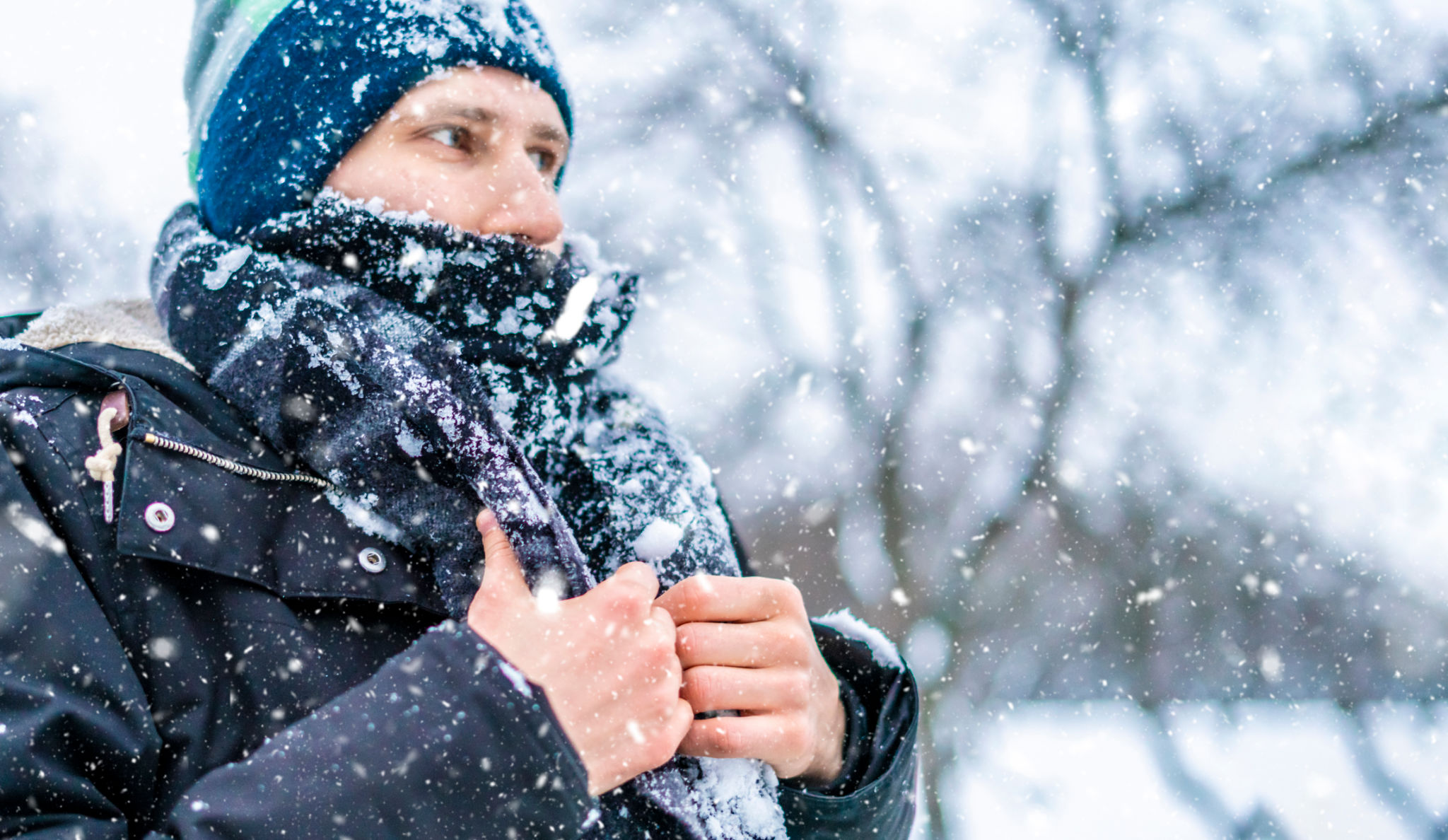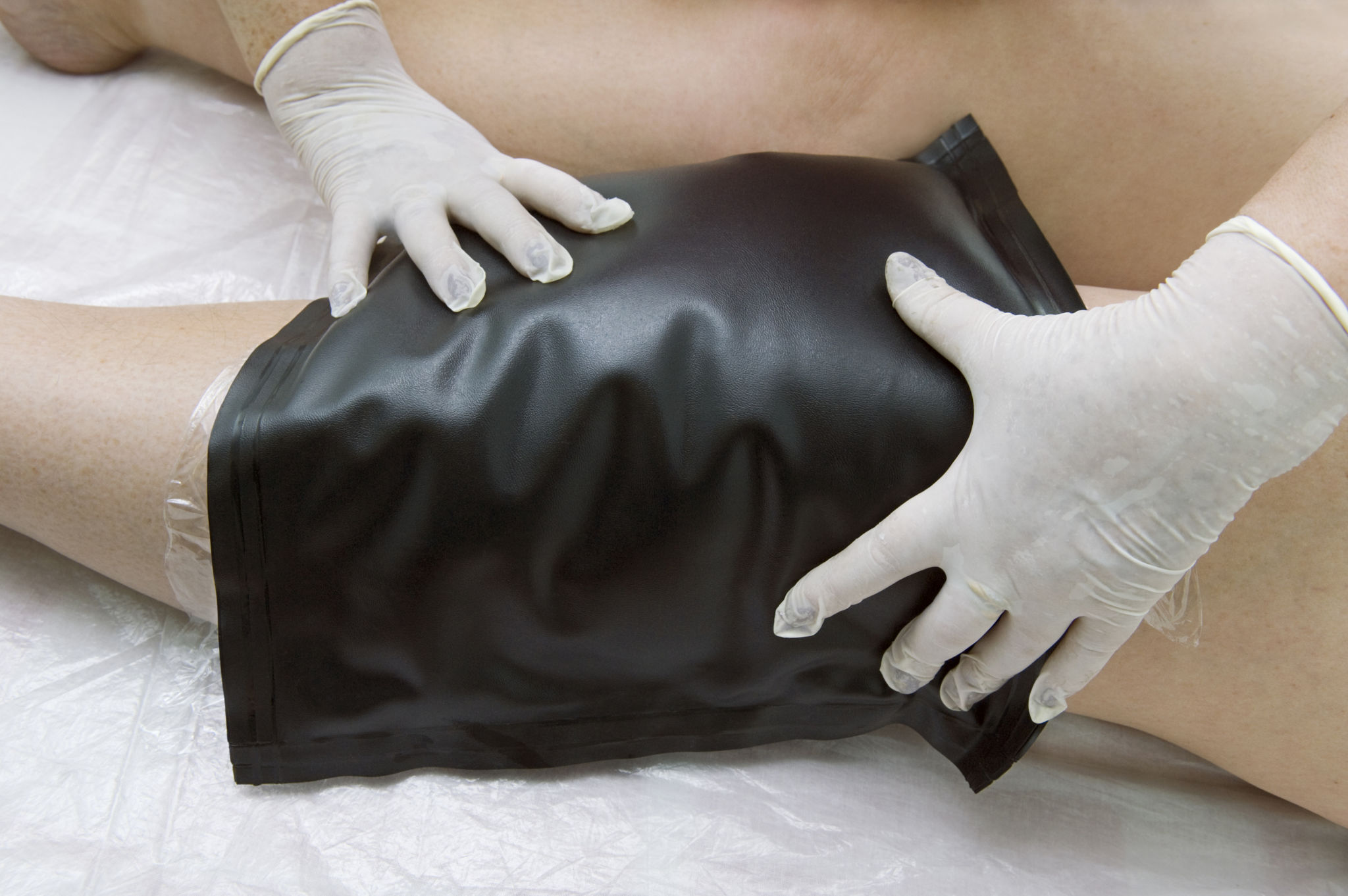Seasonal Tips for Preventing Neck Pain During Colder Months
Understanding Neck Pain During Colder Months
As the temperature drops, many people experience an uptick in neck pain. This discomfort often results from a combination of factors, including cold-induced muscle stiffness and changes in posture due to layered clothing. Understanding the root causes can help you take proactive measures to prevent it.

Dress Appropriately to Stay Warm
One of the simplest ways to prevent neck pain during the colder months is by dressing warmly. A well-insulated scarf or a high-collared jacket can protect your neck from the biting cold. Layer your clothing to ensure that your neck remains warm and flexible, preventing stiffness that can lead to pain.
Maintain Good Posture
Winter attire often includes bulky clothing that can alter your natural posture. Being mindful of your posture when wearing heavy coats and scarves is crucial. To maintain good posture, keep your shoulders relaxed and avoid slouching. This will help reduce strain on your neck muscles.

Stay Active
Physical activity is essential, even during the winter months. Regular exercise can help maintain muscle flexibility and strength, reducing the risk of neck pain. Aim for at least 30 minutes of moderate exercise a few times a week. Activities like yoga and stretching are excellent for keeping your neck muscles limber.
Incorporate Neck Exercises
Adding specific neck exercises to your routine can further alleviate or prevent pain. Simple movements, such as gentle head rotations and tilting exercises, can enhance flexibility and reduce tension. Perform these exercises daily to keep your neck in optimal condition.

Create an Ergonomic Workspace
If you spend long hours working at a desk, ensure your workspace is ergonomically friendly. Position your computer monitor at eye level and use a chair that provides adequate support for your back and neck. Taking regular breaks to stretch is also vital for preventing stiffness and discomfort.
Stay Hydrated
Dehydration can lead to muscle cramps and stiffness, which may exacerbate neck pain. Even in colder weather, it's essential to drink plenty of water throughout the day. Keeping hydrated supports muscle function and overall well-being.
Use Heat Therapy
If you do experience neck pain, applying heat can be highly effective in providing relief. Use a heating pad or warm compress on the affected area for 15-20 minutes at a time. Heat therapy helps relax tense muscles and improves blood circulation.

Consult a Professional
If your neck pain persists despite these measures, it may be beneficial to consult a healthcare professional. A physical therapist or chiropractor can provide personalized advice and treatment options to address your specific needs.